The most important holidays in Korea are Chuseok and the Lunar New Year.
Chuseok
The date of Chuseok is calculated according to the lunar calendar, and the holiday takes place on the full moon in the middle of the year (according to the Gregorian calendar, it is always in September or October). Chuseok is a harvest festival, but it is also a time to honor ancestors and as a family reunion. In most Korean families, the head of the family hosts the festival and all other family members travel to him, which is why the roads are usually very busy on Chuseok in Korea and travel can take 3-4 times as long. On Chuesok, the inviting family traditionally prepares a table full of typical dishes, including Songpyeon, a crescent-shaped rice cake with sesame filling or with red or mung bean paste. Not only the food is important, but also its arrangement, for example reddish fruits are placed to the east and white fruits to the west. In the past, it was usual for only the women of the family to prepare the food, but in modern Korean families, the men also help. Unfortunately, there are still many families where it is the women's job, which often leads to family arguments. Some families also take the opportunity to travel together and celebrate in a very modern way.
Seollal (Korean New Year)
The second very important festival of the year in Korea is also calculated according to the lunar calendar. It is the New Year and therefore takes place on the first day of the first month of the new year. According to the Gregorian calendar, it is between January 21 and February 20. At New Year's, too, the ancestors are remembered with an offering table full of food, but the dishes are different. A very traditional dish is Tteokguk, a soup made from rice cakes. The celebrations are otherwise very similar to Chuesok, and people also get together with the family at New Year's. There is one important difference, however: only at New Year's is there Sebaedon, a traditional cash gift from parents to their children. To receive this, the children must first perform a bowing ceremony called Sebae.
Korean versions of Western holidays
New Year according to the solar calendar
The Western New Year celebrations are much less important than in Germany, but January 1st is also a holiday in Korea. People meet up with friends and welcome the new year, for example by going on an early morning hike up the mountains to watch the first sunrise of the year. While watching the sun rise, they can then make a wish for the new year (like blowing out birthday candles). In Seoul, the large Bosingak bell is also traditionally rung; the honor of ringing the bell is given to deserving Korean citizens.
By the way: In Korea, you always get a year older on January 1st and not on your birthday. The time spent in the womb is also included, so you are already one year old at birth. If you are born on December 31st, you are already two years old one day later! That's why you have to be careful when a Korean tells you their age: you can't compare it directly with a Western age, they are up to two years younger than you would think. So it's best to compare the year of birth.
Christmas
Since there are many Christians in Korea, Christmas is of course a holiday. However, it is not celebrated with the family: Christmas is mainly a holiday for couples, a bit like Valentine's Day in Germany: good restaurants are full of couples and often fully booked long in advance. A common joke among Korean singles at Christmas is that they would prefer to sleep through the whole day and not wake up again until the 26th.
Valentine's Day
On Valentine's Day (February 14th) it is customary in Korea for only women to give men a present, usually chocolate. In return, the men must return the favor on March 14th (the "White Day"), not with chocolate, but with candy, jewelry or cuddly toys, for example. April 14th is Singles' Day: people meet up with other singles and eat Jjajangmyeon together, a noodle dish with a black sauce, which is why this day is also called "Black Day".



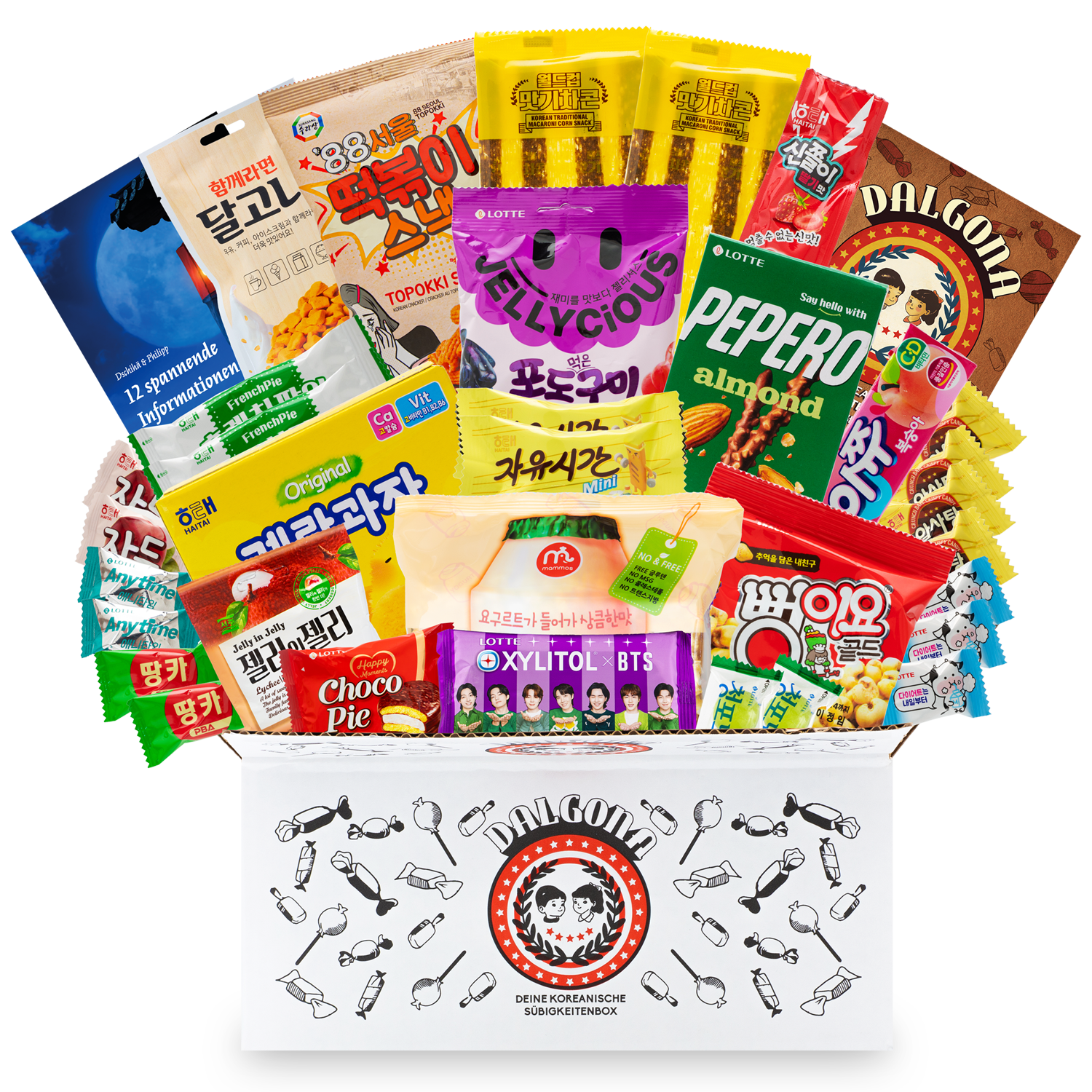
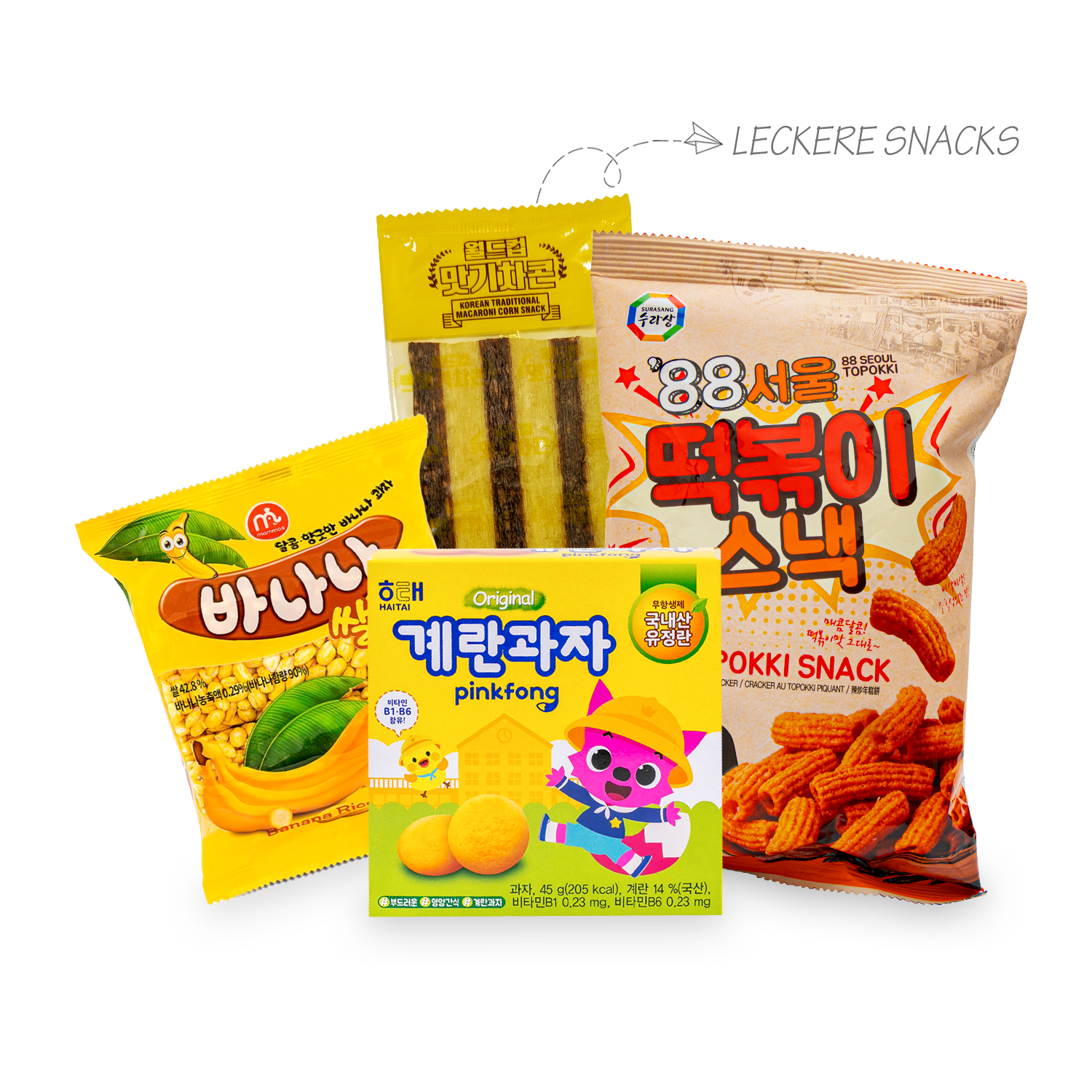
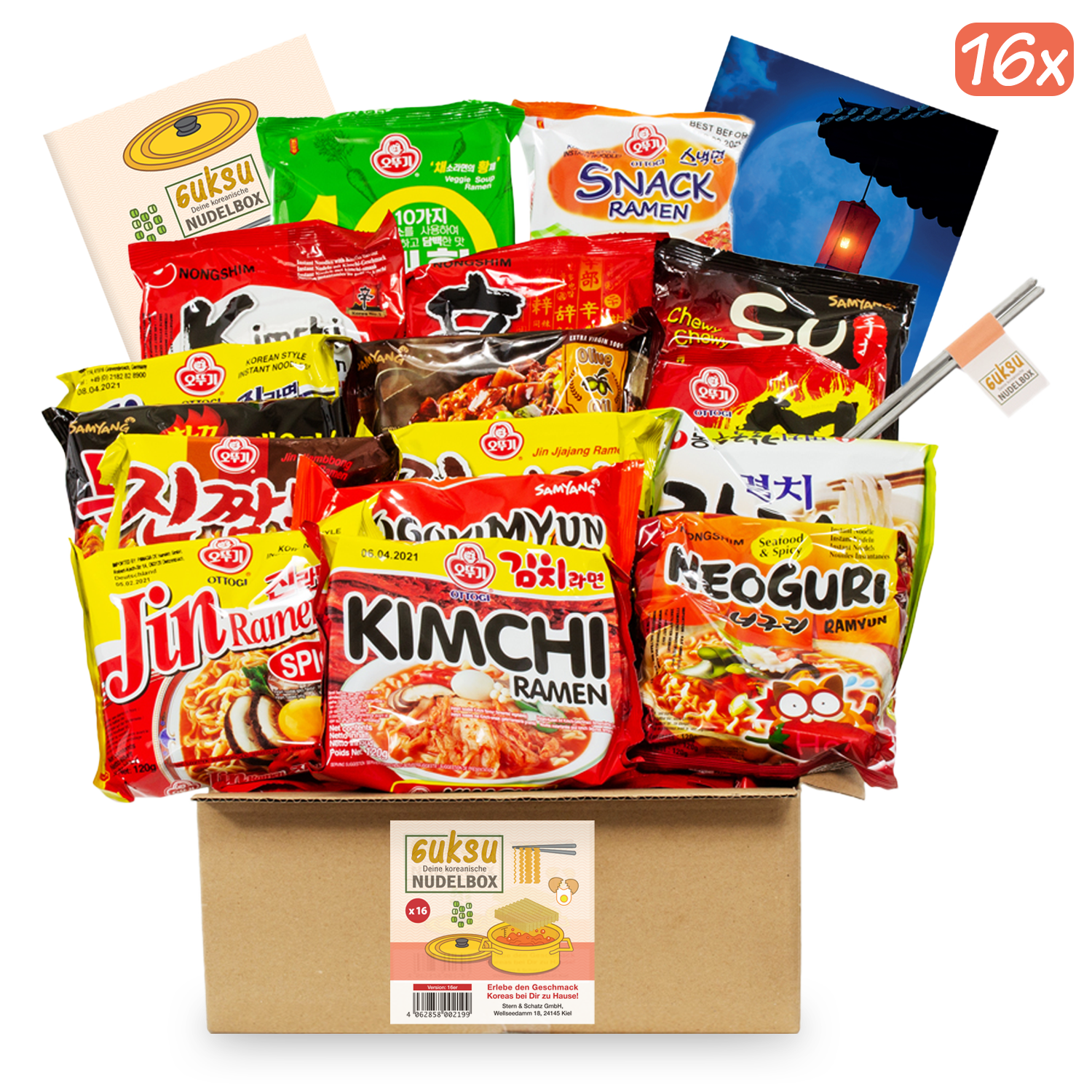
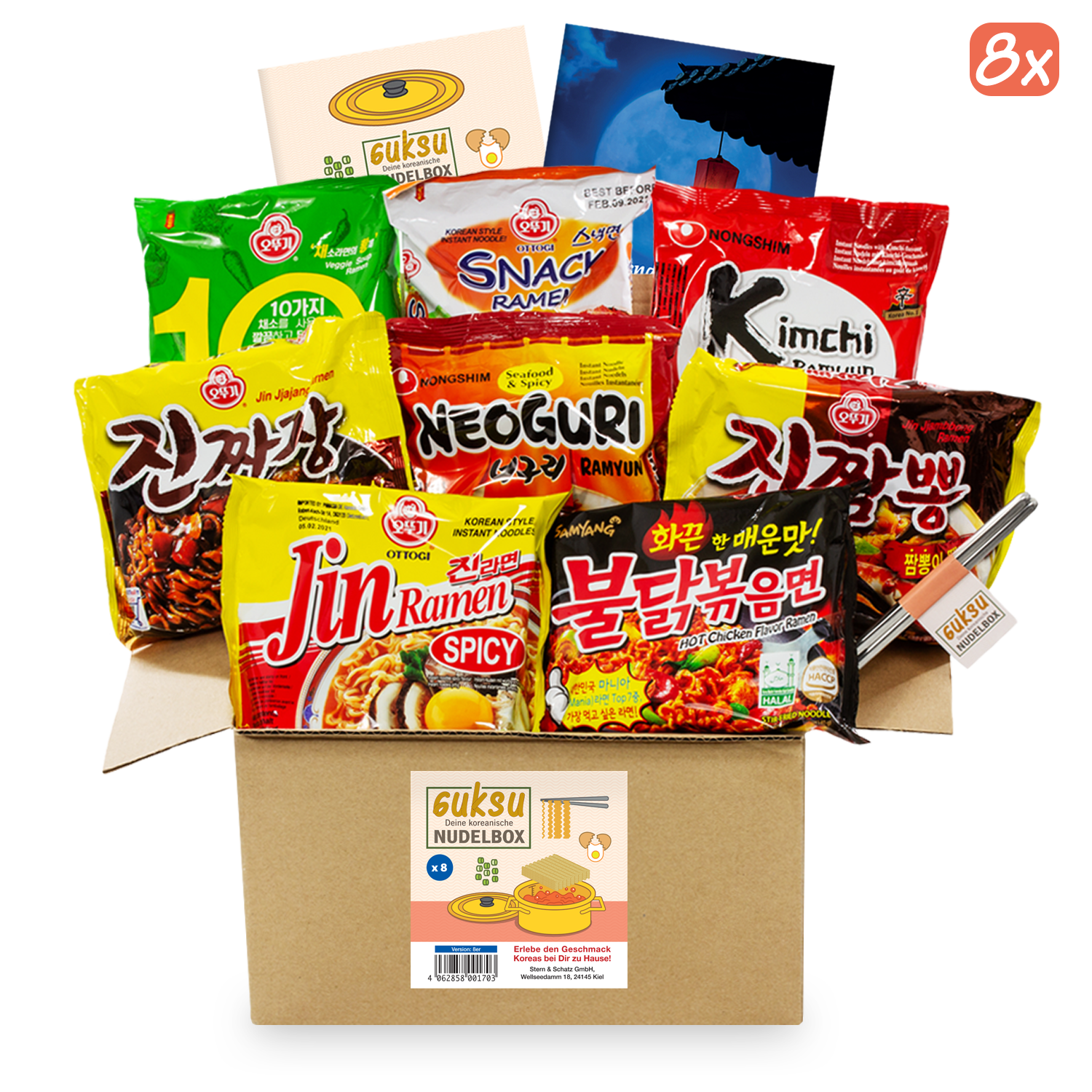
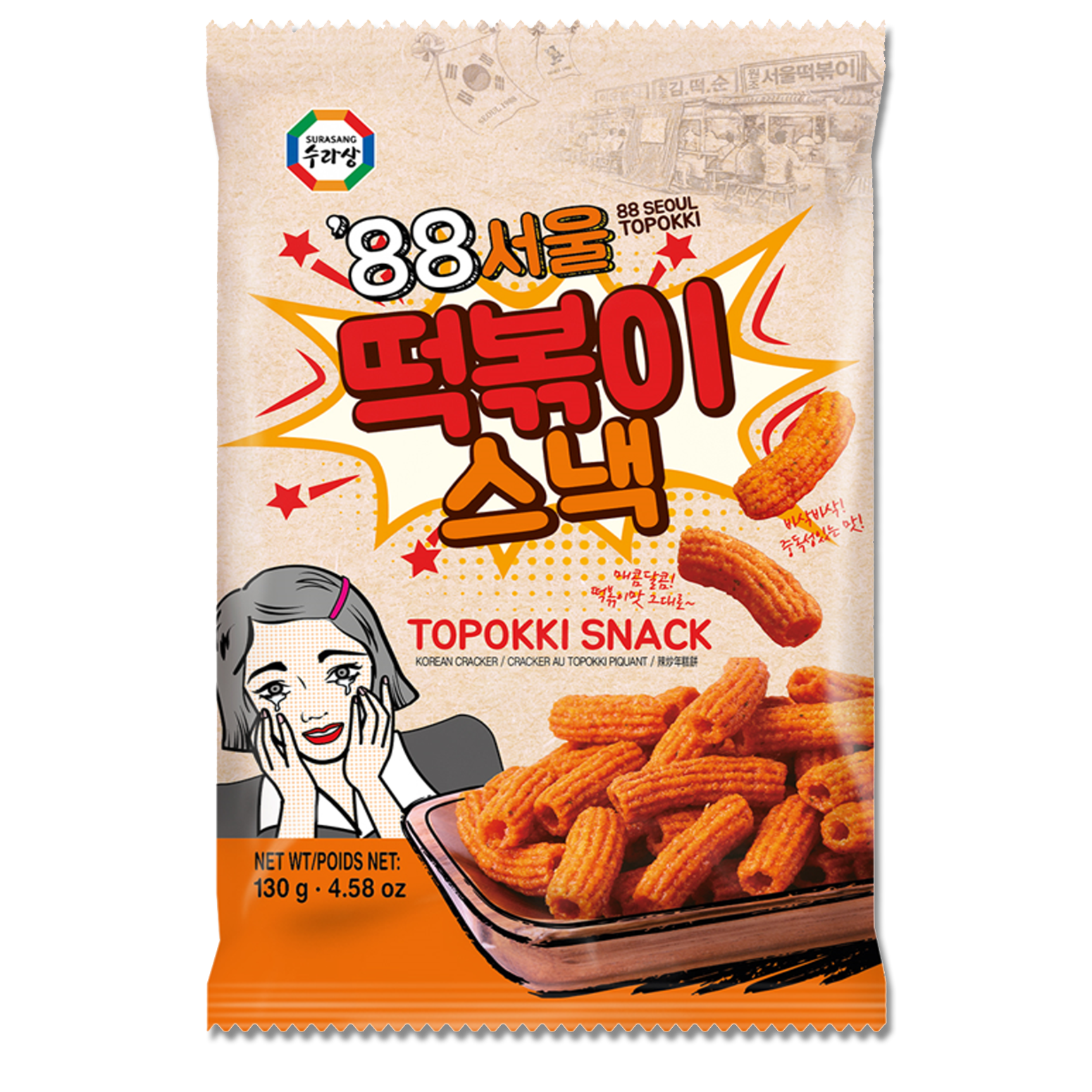
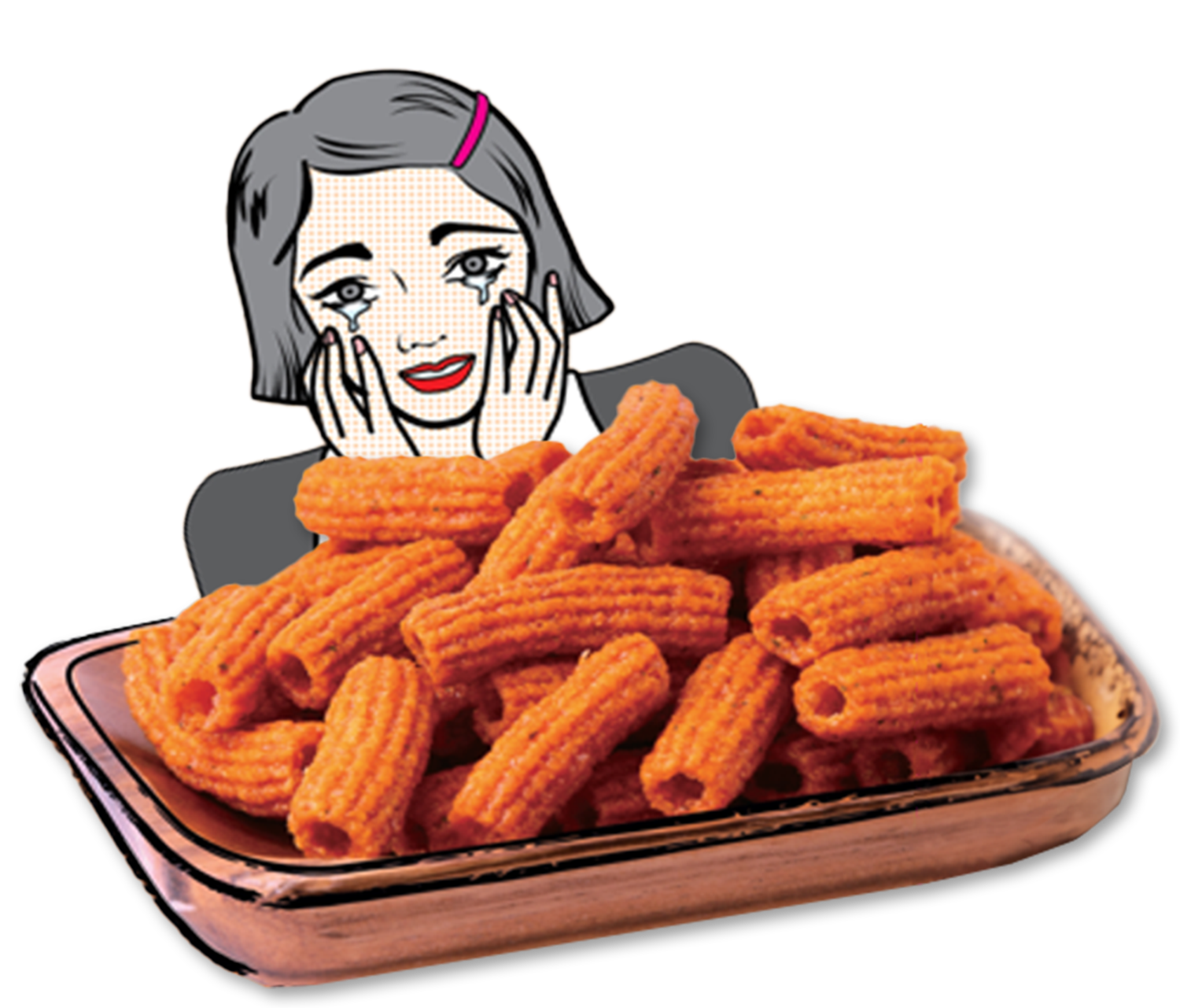
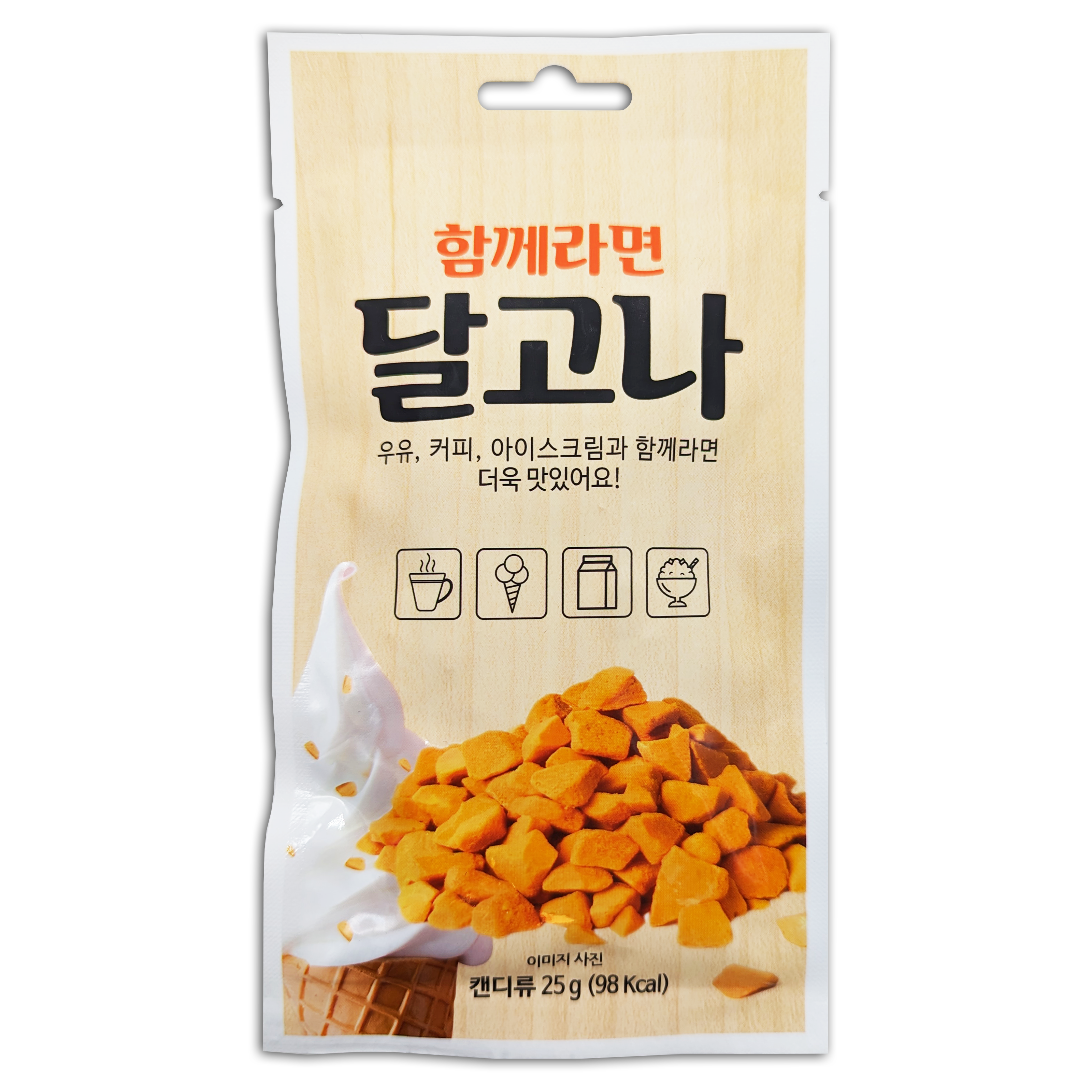
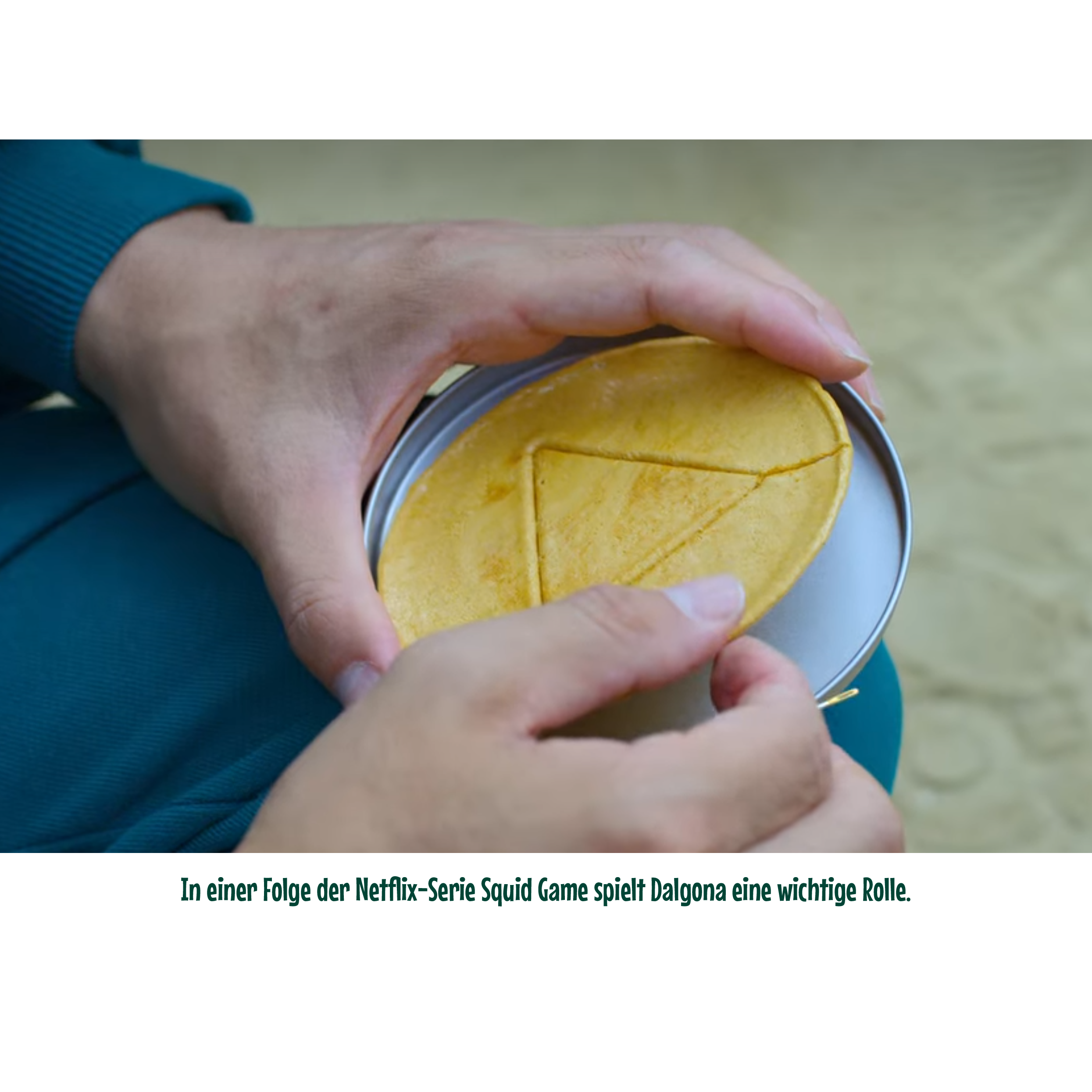
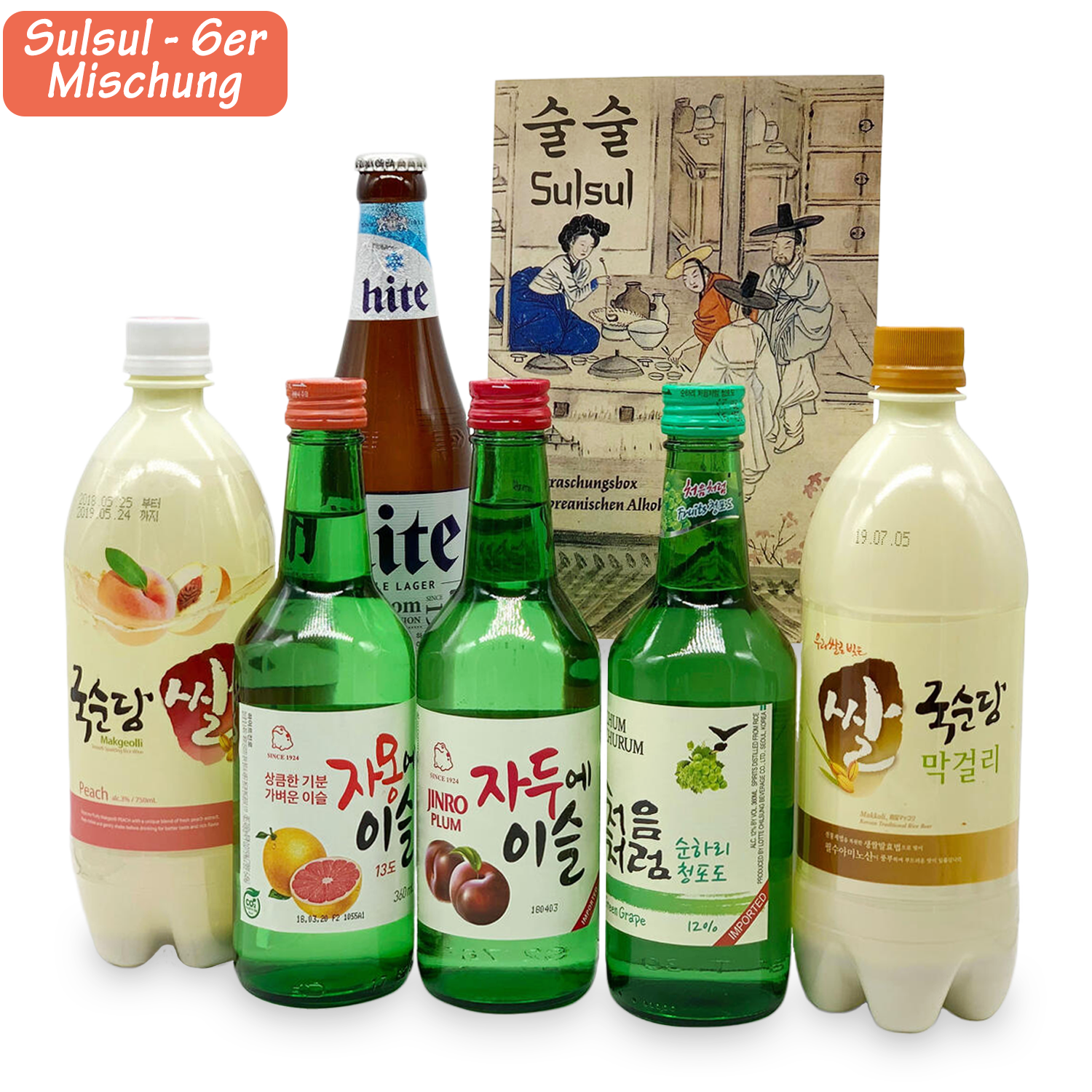
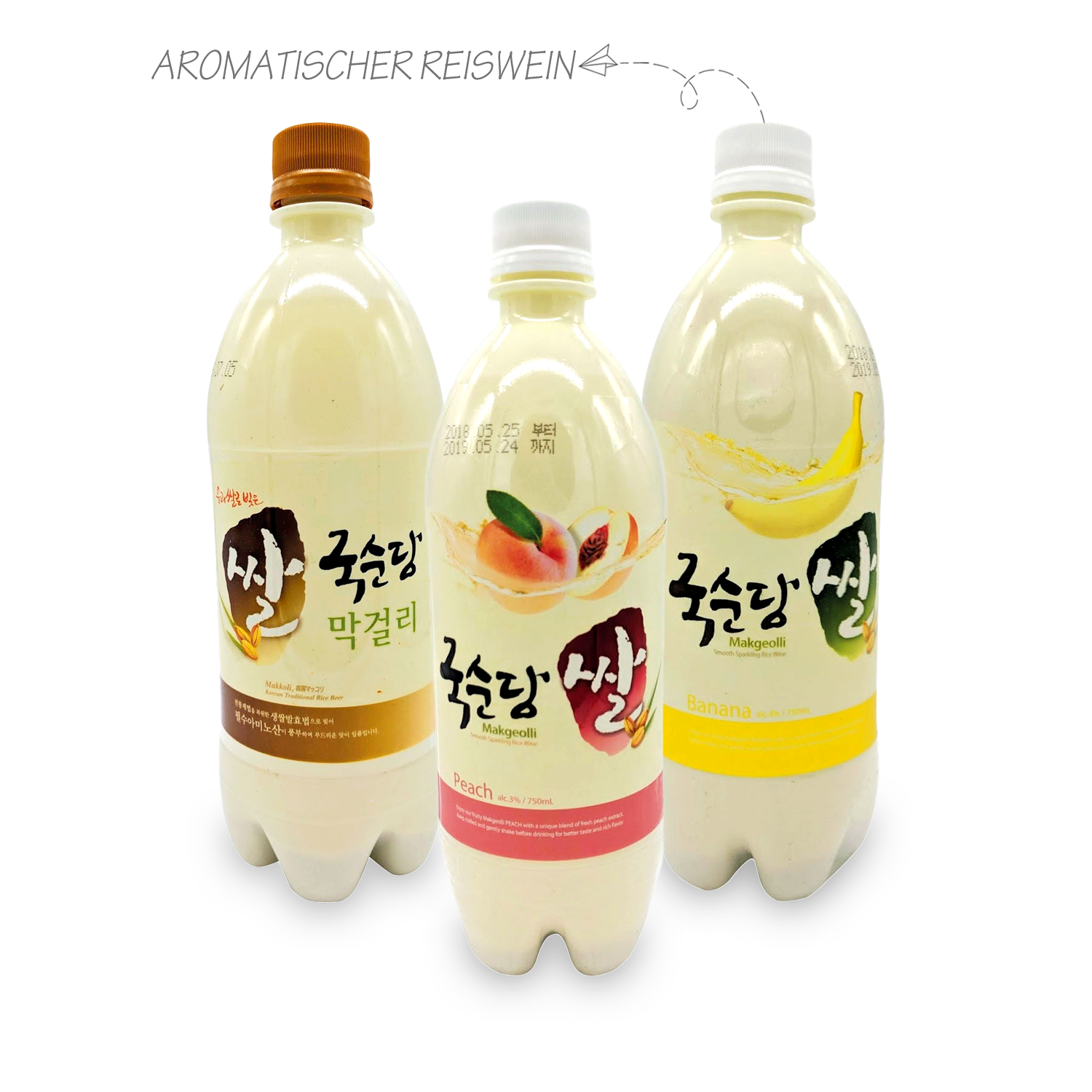
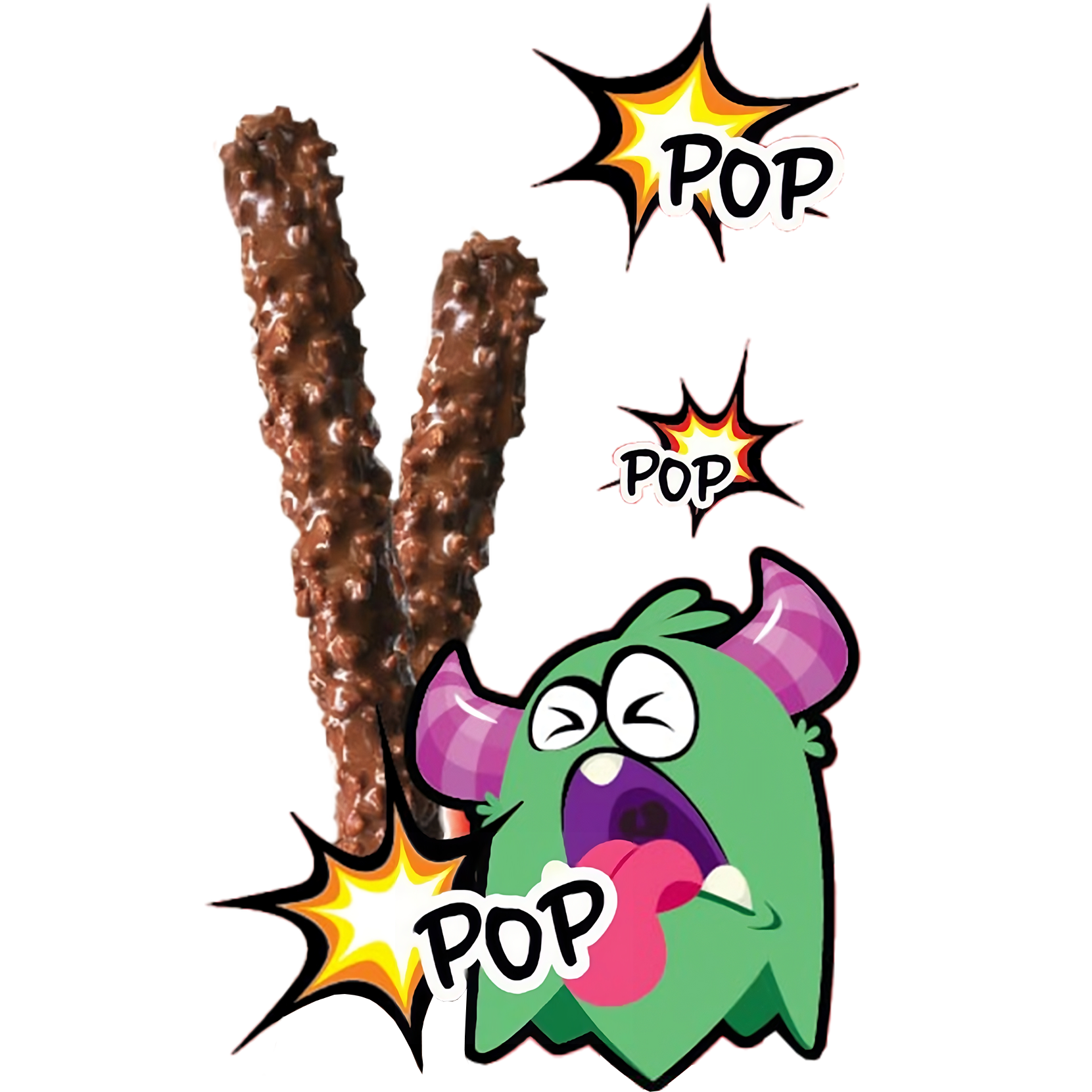
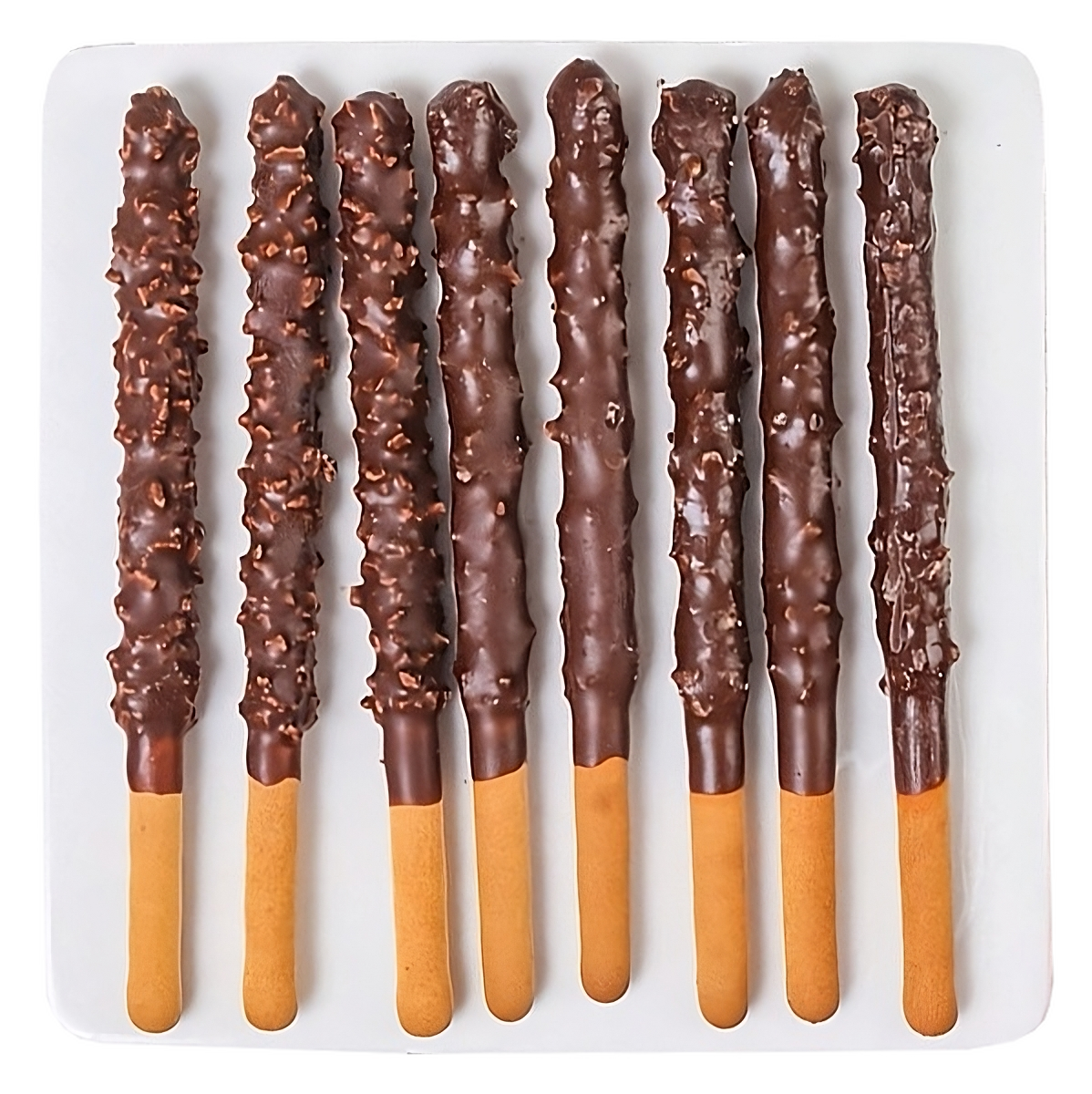

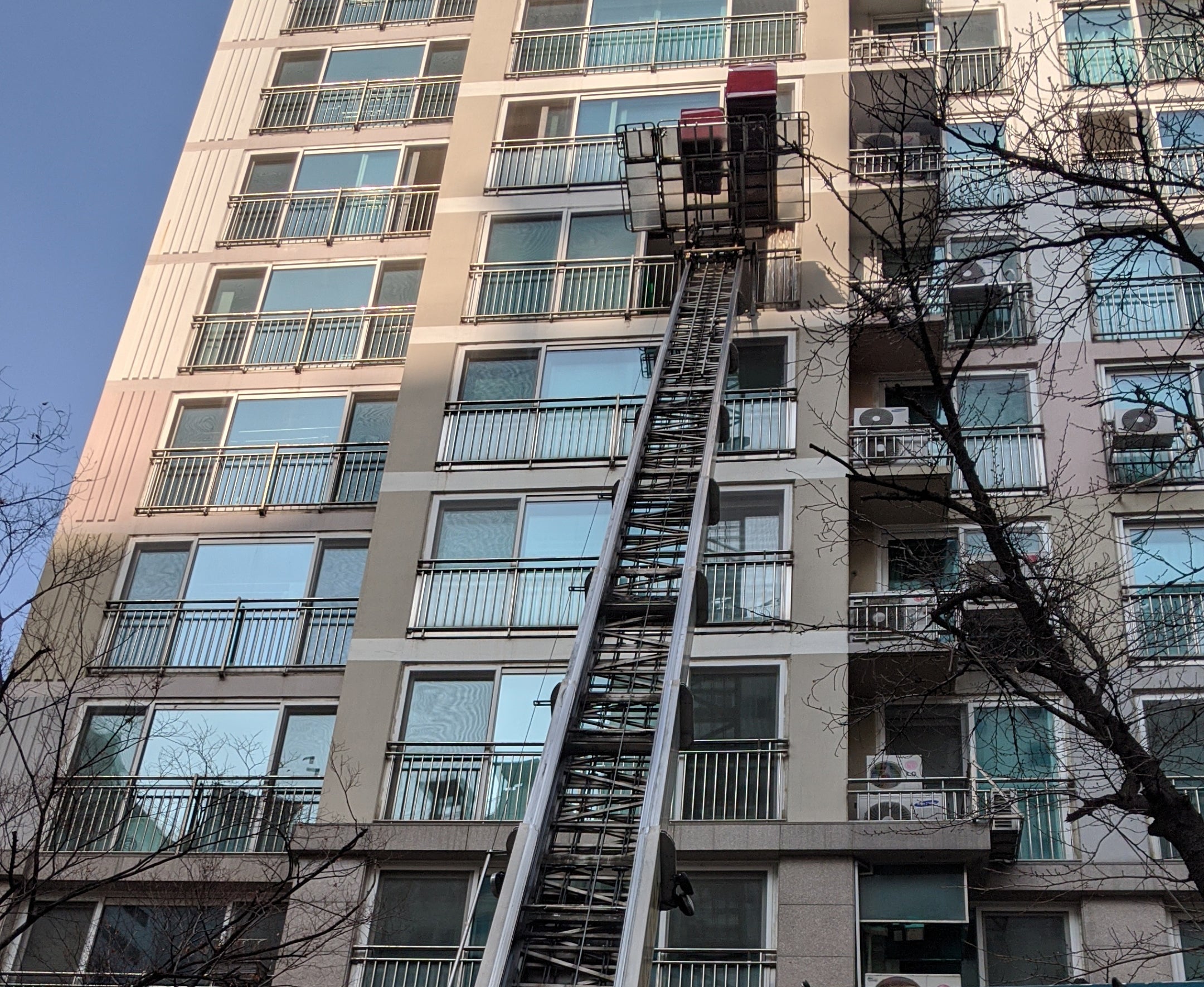

Leave a comment
This site is protected by hCaptcha and the hCaptcha Privacy Policy and Terms of Service apply.